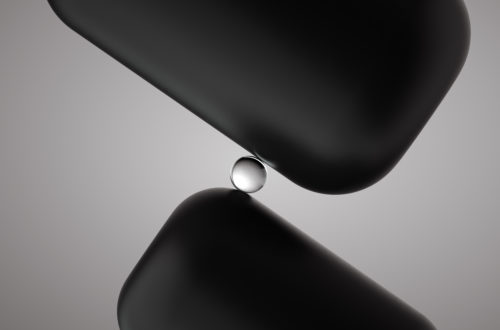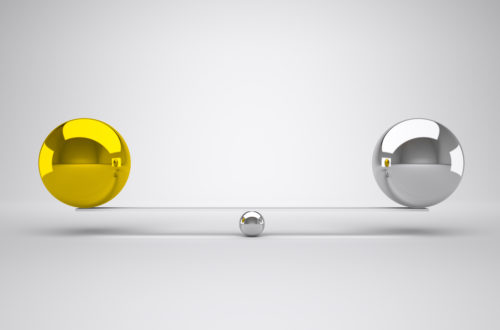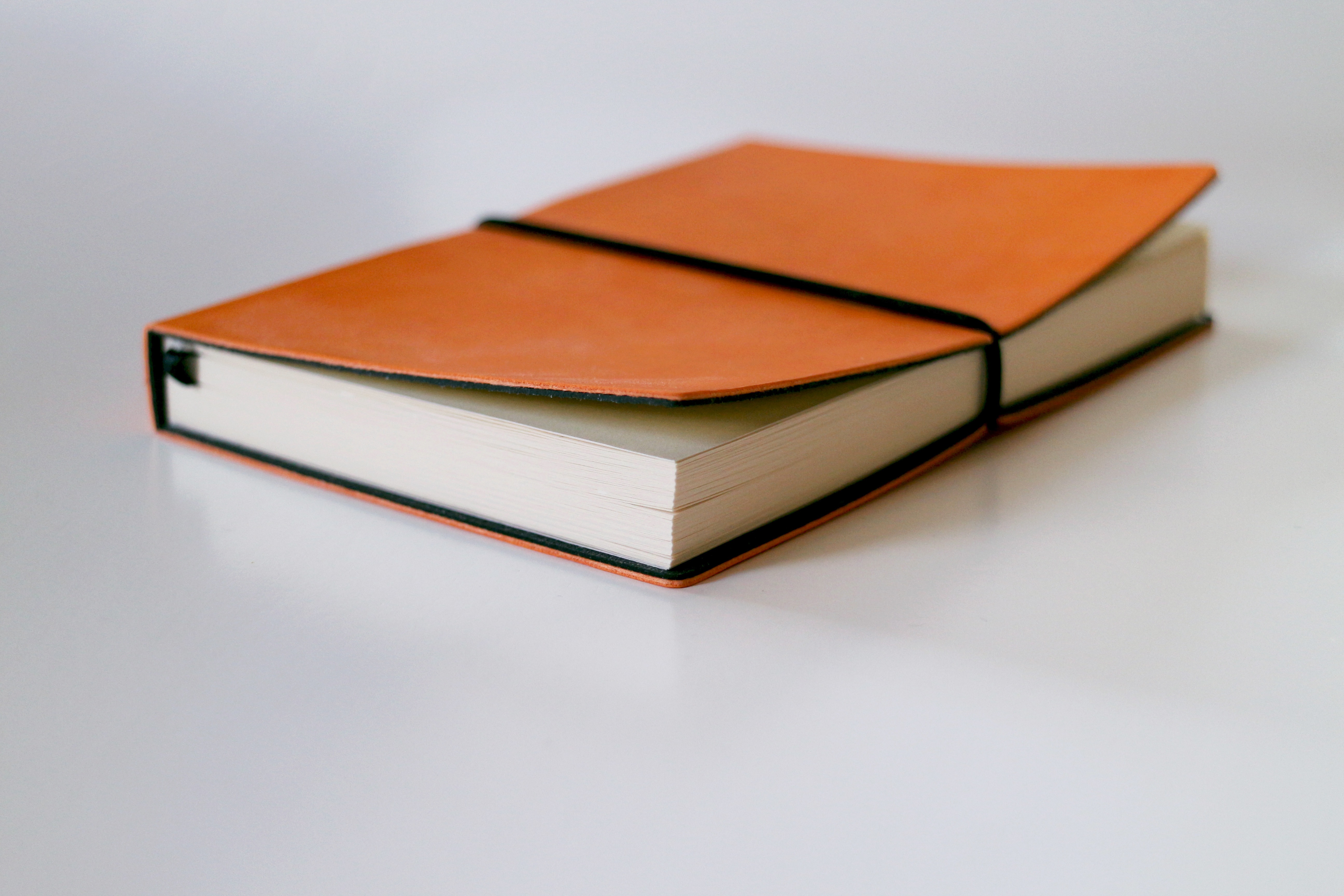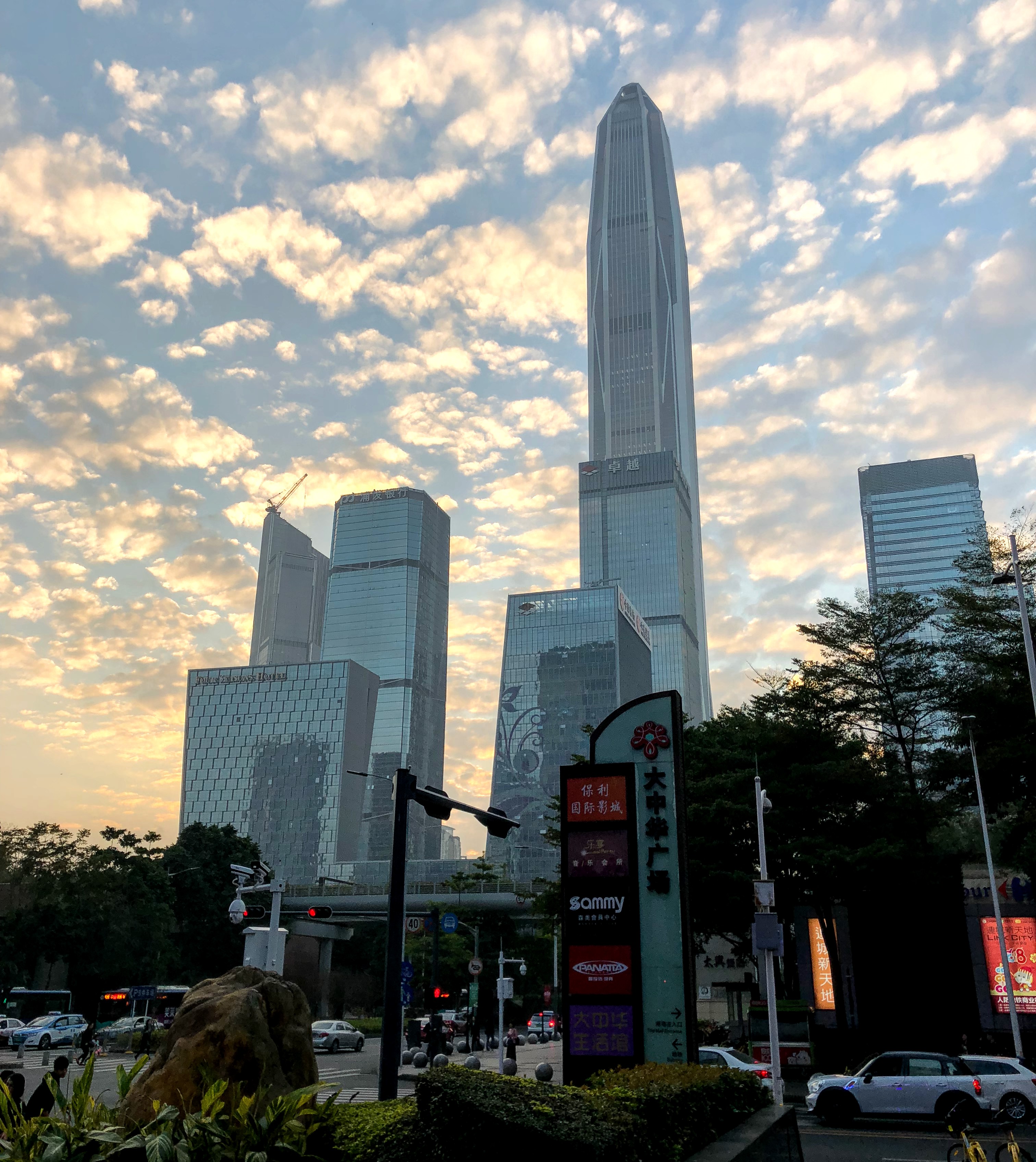The Intellectual Property Department of the Government of the Hong Kong Special Administrative Region of the People’s Republic of China (HKIPD) has recently made several updates to the Hong Kong Patents Examination Guidelines, effective from 26 January, 2024. These changes mainly clarify and reflect the Registry’s current practices regarding patent examination for Standard Patent (R) Applications, Standard Patent (O) Applications (i.e., Original Grant Patents (OGP)), and Short-Term Patent Applications. We briefly summarize the key revisions below: Section 1: Novelty – This section only made a minor textual revision to correct a typographical error to refer to the correct section (from section 1.61 to 1.62) in 1.61. The change made is…
-
-
IP Strategies for the Newly Released Implementation Regulations of the 4th Amendment of the Chinese Patent Law: Part 2: Grace Period without Loss of Novelty
Background As mentioned in our earlier article, the Implementation Regulations of the Chinese Patent Law (“Regulations”, similar to the CFR in the US) were approved in November, and the CNIPA finally made public the full text of the Regulations just before the arrival of the New Year. At the same time, the CNIPA also released the new Patent Examination Guidelines (“Guidelines”, like the MPEP in the US), along with specific implementation dates and transitional methods. These changes became effective as of 20 January 2024. Today’s article will focus on the grace period without loss of novelty. Grace Periods in China China has had a grace period (time within which a…
- China, China Patent Office, CNIPA, Court Cases, Courts, Invalidation, Inventions, Patent Law, Pharma, Top 10 IP Case
Do Promotional Marketing Materials Constitute an “Offer for Sale” under Chinese Patent Law? Bayer IP GmbH v. Nanjing Hang Seng Pharmaceutical
Bayer’s blockbuster drug Rivaroxaban has seen its share of patent litigations in China, several of which are big enough to be listed as Top 10 IP cases or 50 Representative IP cases. We summarized an invalidation case back in 2020 where all of Bayer’s claims directed towards the compound were upheld. Recently, another Rivaroxaban case made it onto China’s 50 Representative IP cases in 2022, this time in a final judgement from the Supreme Court of an infringement case against a generic company who was marketing the patented drug before the patent expiration date. At the heart of the case is a dispute over (1) what acts by a generic…








